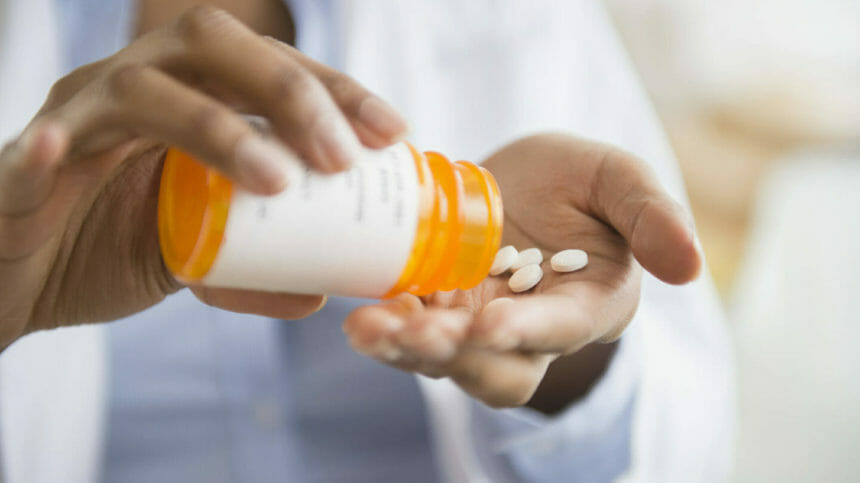
Though doctors recommend taking aspirin daily to prevent a second heart attack or stroke, new research finds that less than half of the people globally who should take it are not doing so.
The authors aren’t sure why aspirin is underused. Inconsistent messaging, the need for prescription in some countries, and access may be roadblocks for people to access it, they said. In low-income countries, 16.6% of people who had a previous stroke or heart attack were taking it. In lower- to middle-income countries, 24.5% of people who took it. An estimated 51.1% of people in upper- and middle-income countries take it. About 65% of people take it in high-income countries including the US.
The study appears Aug. 22 in JAMA. The researchers looked at data from 51 different countries covering 125,505 people; 10,590 of them self-reported a history of cardiovascular disease.
“Survivors of heart attacks and stroke often face a high risk of having subsequent events,” said first author Sang Gune Yoo, MD, a cardiovascular disease researcher at Washington University School of Medicine. “In fact, many people die from having recurring attacks. Aspirin offers one effective and relatively low-cost option for reducing the likelihood of additional events in individuals with established cardiovascular disease, and yet most people who could benefit from a daily aspirin don’t take it.”
“In order to create interventions, we have to understand what is actually going on, which is what we’re trying to establish in this study,” Yoo added. “Then we can start to think about how to develop strategies to increase evidence-based aspirin use in order to save lives.”
In related news, a study in Journal of the American Geriatrics Society looked at aspirin use in 7,921 people in five Midwestern states between the ages of 60 and 79 from 2015 to 2020. Of them, 3,533 women and 2,709 men didn’t have a history of cardiovascular disease and used aspirin for primary prevention. Use went from 46% in both 2015 and 2017 survey periods, but decreased to 37% in the last survey between 2019 and 2020.The news comes after another recent study found that low-dose aspirin raises the risk for bleeding in healthy older adults who haven’t had a stroke or heart attack.




